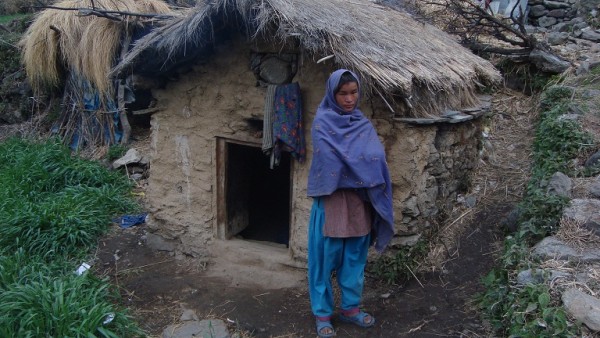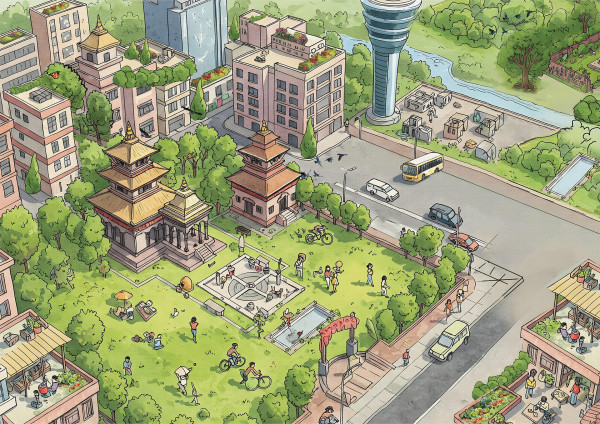Bajura yet to rid itself of Chhaupadi tradition

New trail built for menstruating women Prakash Singh Bajura, Despite several governmental and non-governmental organisations’ campaigns aiming to eradicate Chhaupadi system, a separate trail has been constructed for women to use during menstrual cycle in Bajura of late, making the mockery of the efforts to rid the area of the ill practice. A 400-metre track was developed spending around Rs 25,000 from the state coffers in Jukot VDC of the district. “A separate track was built so that women do not cross ways with the temple on way to upper hill area during their cycle. God might get angry if they touch the temple while climbing up and down the hill,” said a local Prem Rokaya. Nepali Congress leader and a local of the area Kalki Shahi said that the decision to this effect was made after an all-party meeting at the VDC level. “There lies Kalshil Temple at Dhoggani of Jukot VDC which is a common route frequently used by locals. Thus, the alternative route was developed with the consensus from all VDC dwellers,” said Karbir Shahi, account assistant of the VDC, adding, “We released the budget after villagers insisted on developing a separate route for women during their menstruation cycle.” Meanwhile, local women leader Kabita Shahi said that they decided to manage separate route for women with the consent from all locals, including women. “All women gave the nod,” she added. However, Jagat Bahadur Thapa, a first class non-gazetted officer at District Development Committee, argued that the budget cannot be used to promote such sort of ill social practices. “Local development officer is on leave these days. If VDC officials are found guilty after investigation, they will be face legal action,” he said. In addition, a separate tap has been set up for the women going through their period in same village. According to the Chhaupadi trend, unmarried women during their monthly cycle stay in a separate shed away from their home for seven days while the restriction for married women is for five days. The practice has made women more vulnerable to psychological and physical stress. They are also exposed to terror of being attacked by wild animals and many have become victims of rape. Although women are gradually voicing against the deep-rooted conservative belief, it has been a futile effort so far. During Chhaupadi, women cannot stay with their families, touch grains or milk cows and buffaloes. Source: The Himalayan Times, 21 Oct 2014





